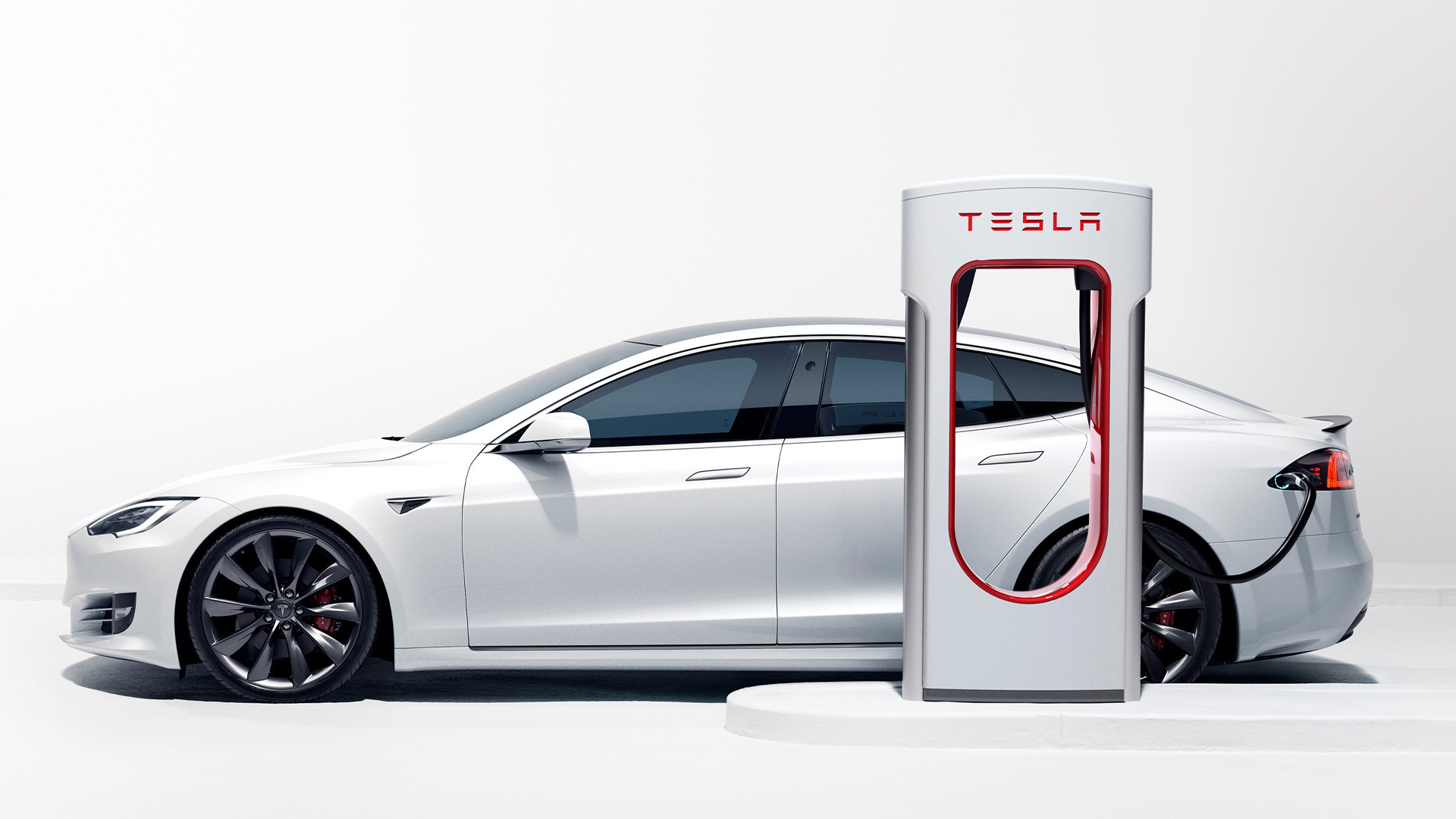

The U.S. is one of the largest EV markets in the world. With more options (and more incentives) on the way, the popularity of battery-powered cars will only continue to grow, leading to a boom in stateside EV manufacturing investments by automakers.
One such company springing for additional investments is the reigning king of EVs: Tesla. According to Reuters, the Texas-based automaker is readying production upgrades to its U.S. battery manufacturing facilities, even if that means prioritizing it over Gigafactory Germany’s overall production.
News that Tesla had begun production of its 4680 battery cells at Gigafactory Berlin broke just last week, signaling that the automaker was successfully producing batteries at its first-ever manufacturing facility in Europe. On Tuesday, however, some outlets reported that Tesla has paused its plans to manufacture entire batteries at Gigafactory Berlin—something which the German government says isn’t exactly the case.
“The statement attributed to the Brandenburg Economic Affairs Ministry that Tesla has abandoned its plans to produce complete batteries in Germany is incorrect,” said a spokesperson for the Brandenburg Economic Affairs Ministry in a statement to The Drive. “Tesla has commenced its battery system production in Grünheide/Brandenburg outside Berlin and is preparing to manufacture battery cell components at this site.”
The Drive could not reach out to Tesla to verify or contest the claims, as the automaker dissolved its communications and public relations department some time ago.
The Brandenburg Economic Affairs Ministry, however, says that Tesla hasn’t paused or abandoned its plans to build batteries in Germany. Instead, it’s shifted its production focus towards its U.S. plant in order to satisfy the battery sourcing requirements expected to be included in the upcoming Clean Vehicle Tax Credit guidelines set to debut next month.
“Tesla has prioritized further production steps in the U.S. for the time being, as business conditions are seen to be more favorable there due to tax incentives,” the Ministry spokesperson clarified. “The Grünheide/Brandenburg site including its battery cell production continues to be set up and will be retained, including the respective jobs.”
In January, Tesla committed to investing $3.6 billion into a new battery plant in Nevada—enough to create around 3,000 jobs and produce cells for approximately 1.5 million cars, annually. It’s not clear if the Ministry’s statement is referring to last month’s investment announcement, or if the automaker has planned a separate pullback from investing further in its European plant by prioritizing other operations in the U.S.
Tesla isn’t the only automaker shifting its focus domestically. Many other manufacturers have already committed to doing the same. The time and investment needed to be compliant with the expected battery sourcing requirements put other automakers like Hyundai at a significant disadvantage, versus those already in place to produce requirement-compliant vehicles and battery packs.
Got a tip or question for the author? Contact them directly: rob@thedrive.com